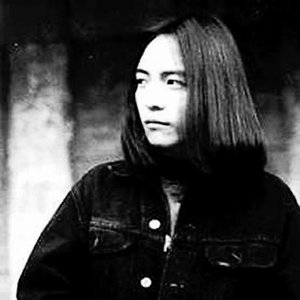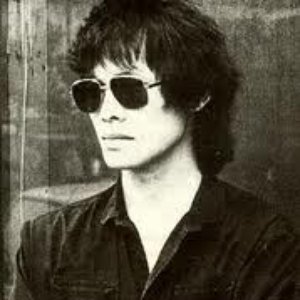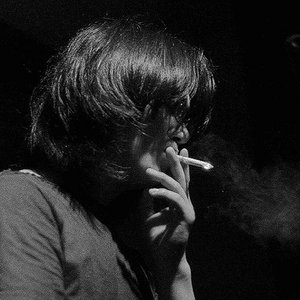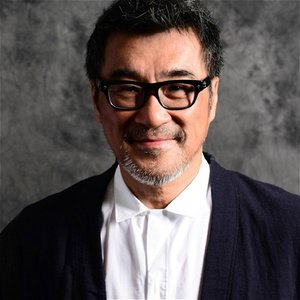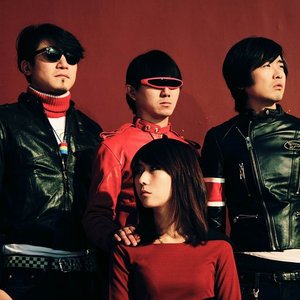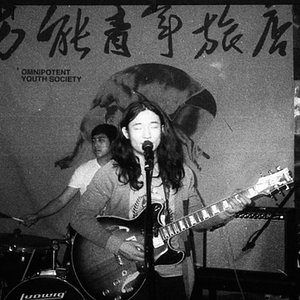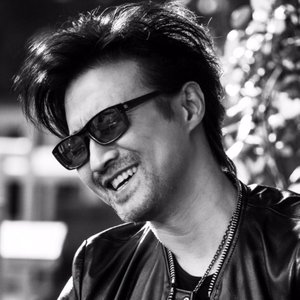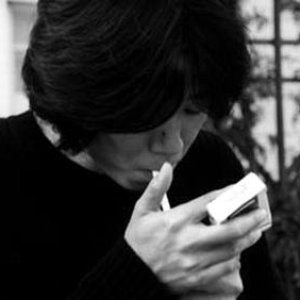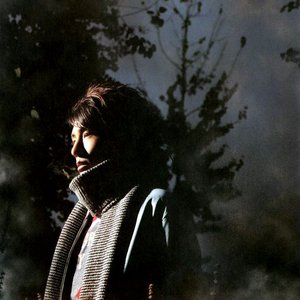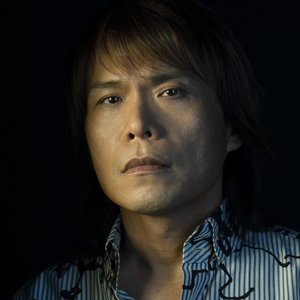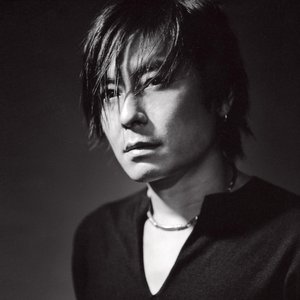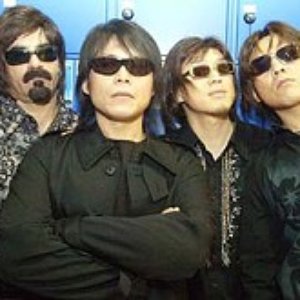Biography
-
Born
2 August 1961 (age 62)
-
Born In
Beijing, China
Cui Jian (born August 2, 1961) is a native Beijinger, trumpet player, guitarist and composer. Cui Jian, or "Lao Cui" (old Cui) is considered to be a pioneer in Chinese rock music and the first Chinese artist to break away from conventional Chinese popular forms and incorporate a rock style into his songs. In his later works, he has begun to experiment with rap music as well, adding a drummer/MC to his band for The Power of the Powerless (1998).
Cui Jian grew up in a musical family in Beijing - his mother was a member of a Korean dance troupe and his father was a professional trumpet player. Cui Jian himself started playing the trumpet at the age of fourteen and joined the Beijing Philharmonic Orchestra in 1981, at the age of twenty. He was first introduced to rock during this period, when friends smuggled in illicit recordings from Hong Kong and Bangkok. Inspired by the likes of Simon and Garfunkel, and John Denver, Cui began learning to play the guitar.
In 1984 he formed Seven Ply Board with six other classically-trained musicians. The seminal band was heavily influenced by the Beatles, Rolling Stones and Talking Heads. They performed their own works - mostly soft rock and love songs - in local hotels and bars.
Cui Jian first shot to stardom in 1985, when he performed "Nothing to My Name" (一无所有) on a television talent show. The next year he left his permanent job with the orchestra. His first real album, Rock and Roll on the New Long March, was released in 1987. In the late 80s and early 90s, along with artists such as He Yong, Cui created a hybrid and experimental music mix that cut across divisions between pop music genres. Cui's songs drew on folk and traditional music types, such as the peasant songs of the Loess Plateau of Shaanxi. At times they knowingly parodied Communist sayings and proverbs. His earliest and best known works were spiced with European popular music typles.
He reached the apogee of his popularity during the Tiananmen Square protests of 1989, when "Nothing to My Name" became the anthem of the protestors. Before the protests were broken up on June 4-5, Cui frequently appeared with the students and was affirmed by Wu'er Kaixi, one of the prominent leaders of the movement, as highly influential among the protestors. In early 1990, he began his first rock tour entitled the "New Long March", with ten concerts scheduled in Zhengzhou, Wuhan, Xi'an, Chengdu and others. 1 million yuan was donated to help pay for the 1989 Asian Games. On March 2004, he opened for british band Deep Purple on their tour of China.
Artist descriptions on Last.fm are editable by everyone. Feel free to contribute!
All user-contributed text on this page is available under the Creative Commons Attribution-ShareAlike License; additional terms may apply.

